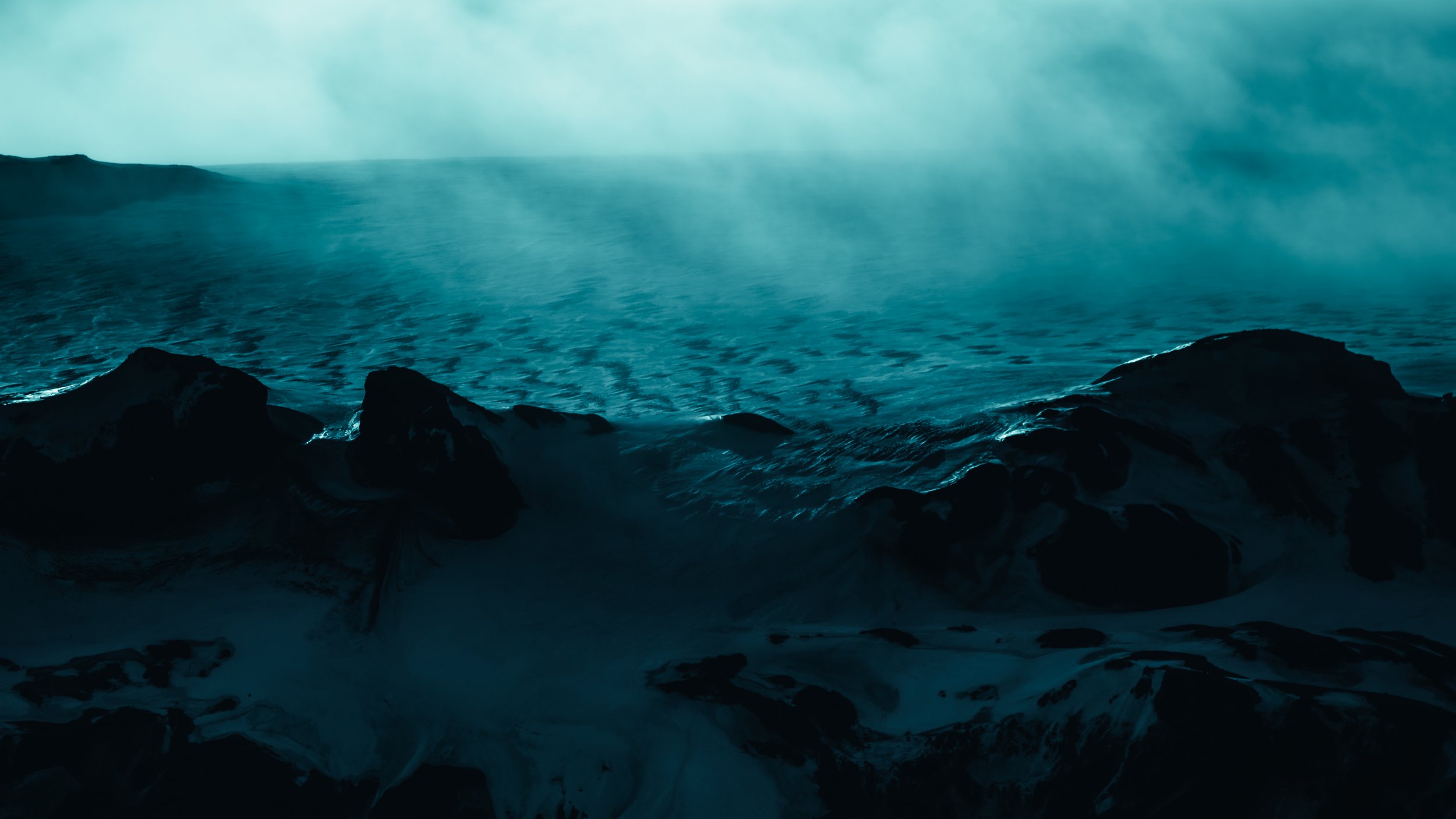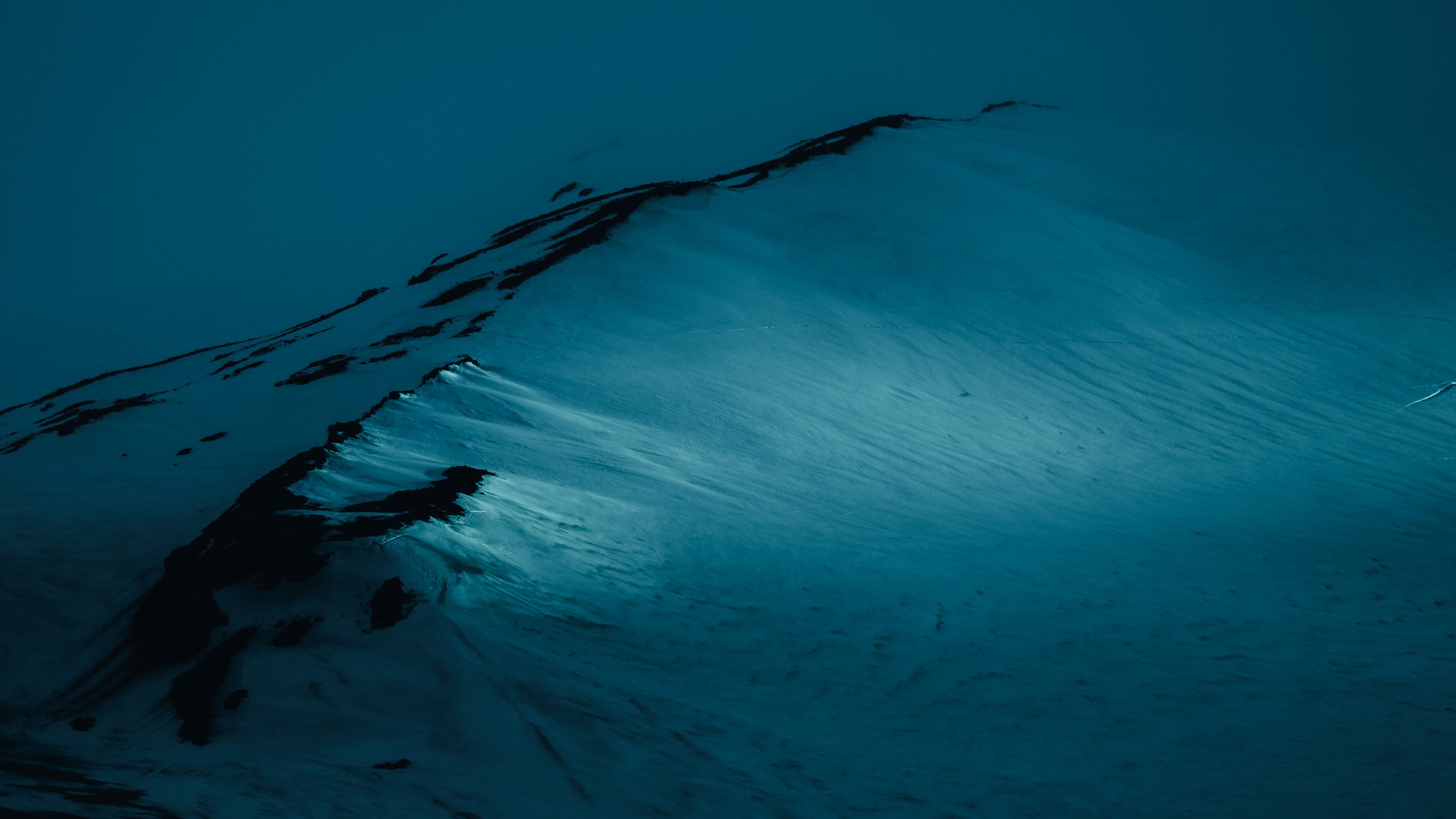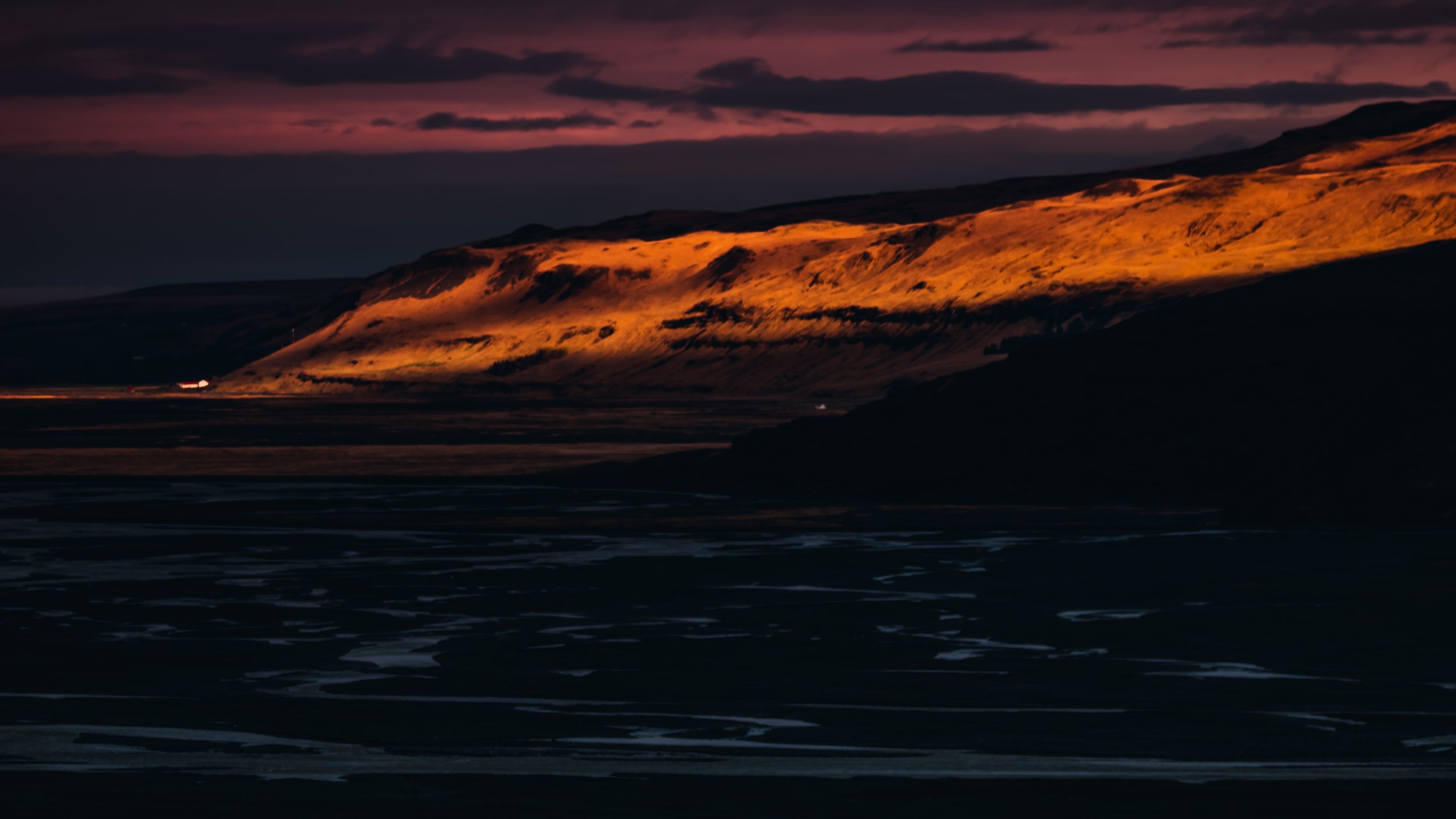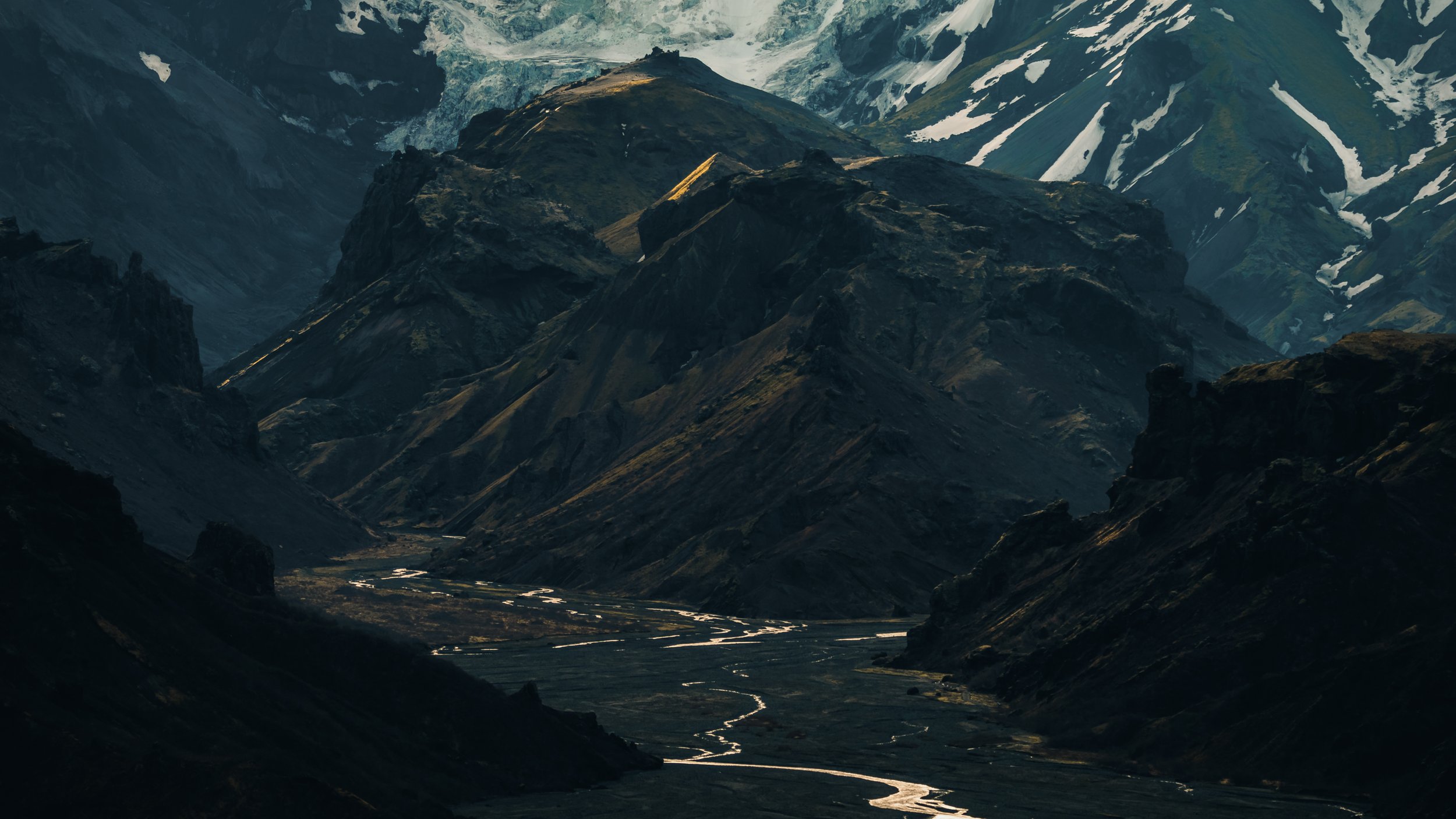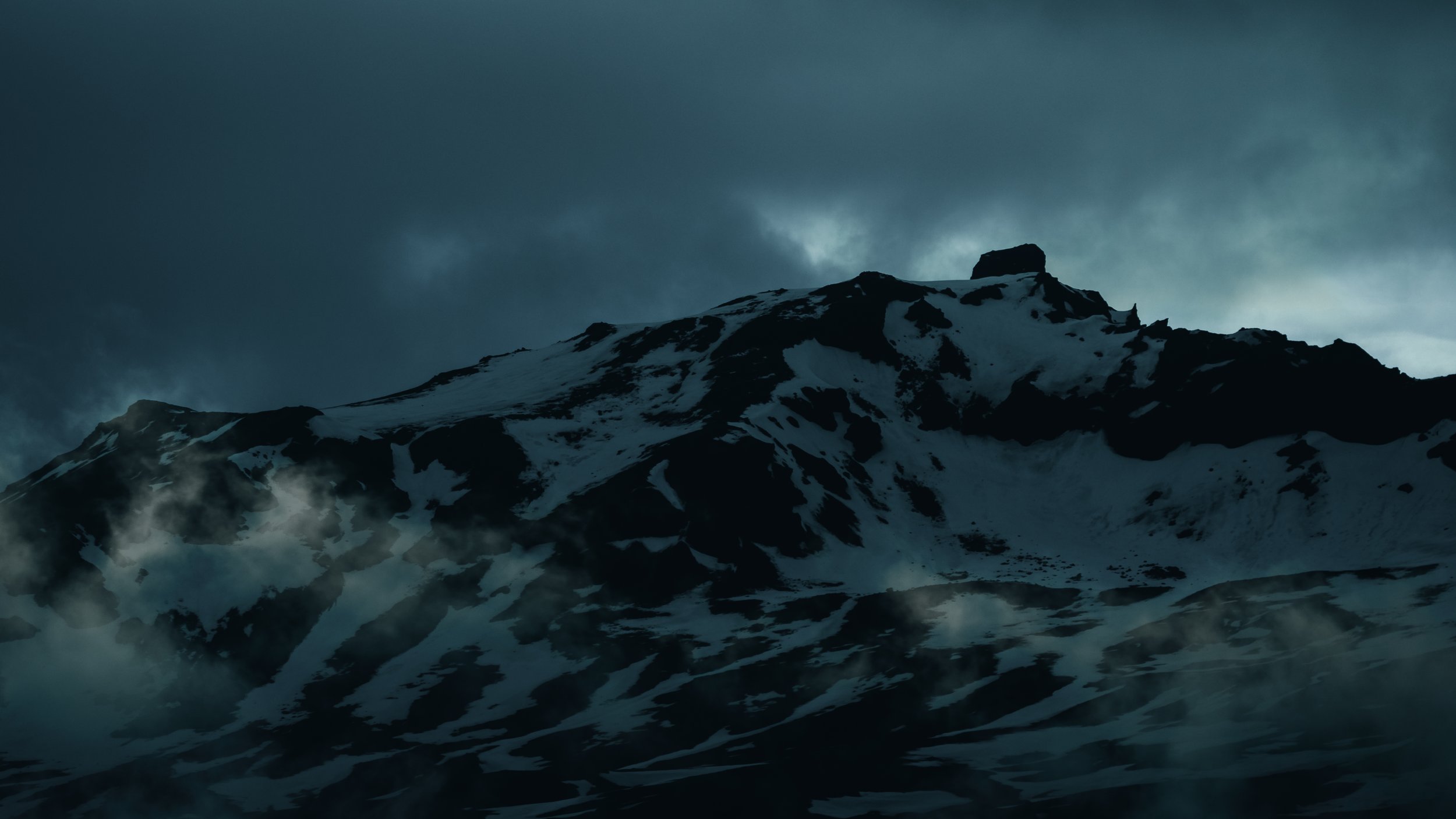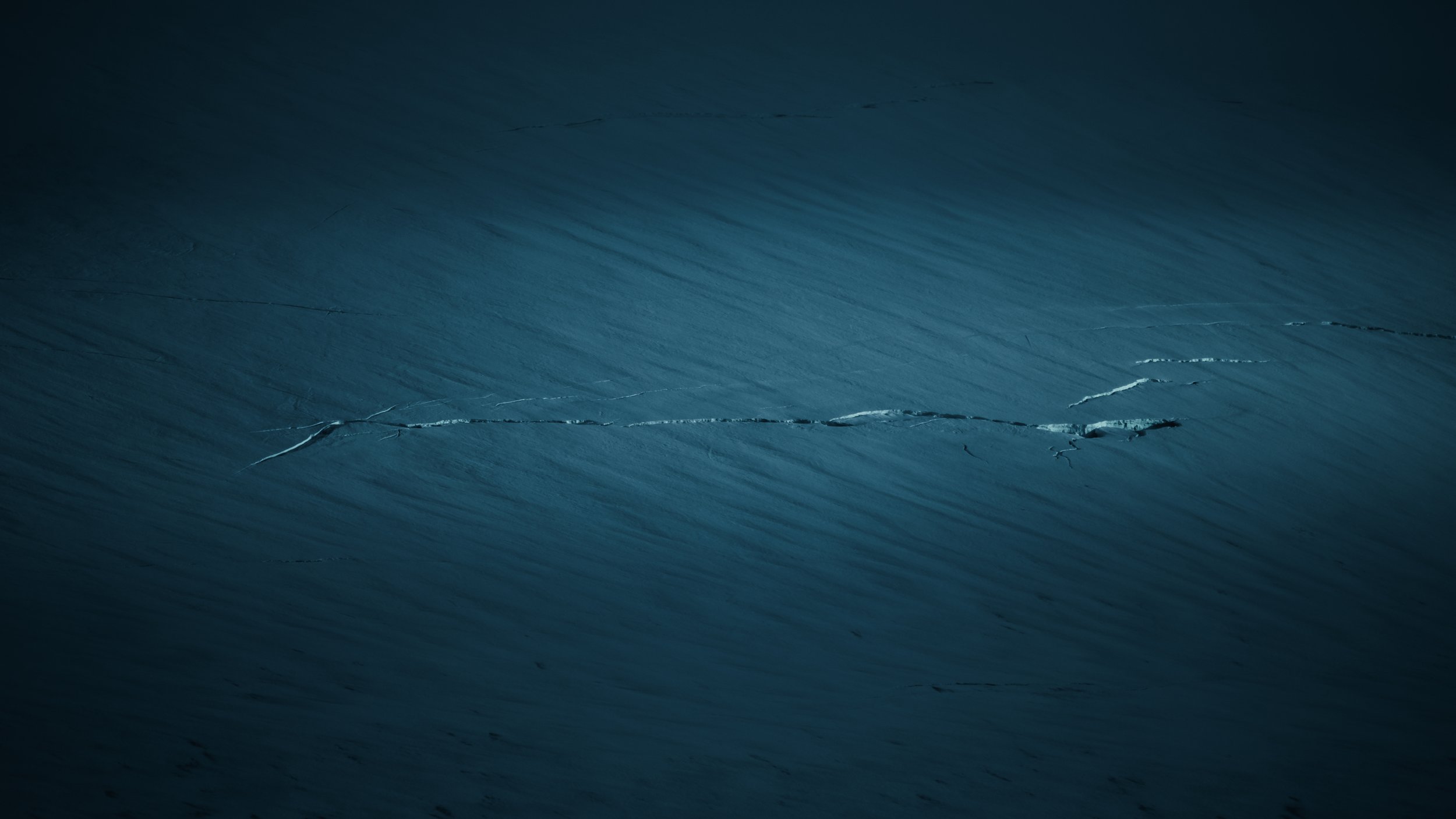The world, the land and me in between.
“Over the years, one comes to measure a place, too, not just for the beauty it may give, the balminess of its breezes, the insouciance and relaxation it encourages, the sublime pleasures it offers, but for what it teaches. The way in which it alters our perception of the human. It is not so much that you want to return to indifferent or difficult places, but that you want to not forget.” Extracts From Barry Lopez, About this life: Journeys on the Threshold of Memory.
After spending the longest time in a decade in Germany, I'm back in Iceland, a country that has given me so much in the past, and I've begun to evaluate my relationship with the earth and my genuine place in it these days. Because I want to be in so many places at once, I sometimes feel like I'm locked in a loop of returning and never actually going anywhere. Along with how nature and the environment shape us, I consider how we should appreciate and protect the ecosystem from our own selfishness and the vast amount of destructive travel I see while paradoxically longing for it at the same time. The most important question is, "What can I personally do to help the environment and the world?" I feel like there is so much more I could be doing, but the overwhelming quantity of things that are clearly there makes it seem daunting, if not impossible, to begin at times. The only choice I see clearly now is to educate and share what I see via my camera lens to raise awareness, and the necessity of travel is unavoidable for that, which puts me back in the loop of never arriving. But maybe that's the journey and flow to take and find again because that's where the destiny lies, even if leaving a location or people behind hurts or produces an uncomfortable feeling in the first place.
I recently reread Barry Lopez's book About This Life: Journeys on the Threshold of Memory and now Arctic Dreams, and I wanted to share a couple of the phrases that truly spoke to me on how to interpret and express experiences of being in the moment with our world. He visited several countries throughout the planet to understand more about humankind and how everything is connected. His travels transported him to places where the greatest minds in history found inspiration.
“The evening before I departed I stood on the rim of a lagoon on Isla Rabida. Flamingos rode on its dark surface like pink swans, apparently asleep. Small, curved feathers, shed from their breasts, drifted away from them over the water on a light breeze. I did not move for an hour. It was a moment of such peace, every troubled thread in a human spirit might have uncoiled and sorted itself into a graceful order. Other flamingos stood in the shallows with diffident elegance in the falling light, not feeding but only staring off toward the ocean. They seemed a kind of animal I had never quite seen before.”
When he was flying across the world in cargo planes, he would frequently depart a location after only twelve hours on purpose, never being able to truly connect to a place but to understand the machinery of global shipping dynamics.
I believe there comes a moment of no return when you see and feel how the world and system we constructed actually function. Furthermore, once you know too much about how the world works, there is no turning back; ignorance is bliss. My primary issue is coping with the realization that the wealth we have built mainly in the west is still "slavery", albeit in a different form, because it was earned through the sweat, blood, and toil of humans who had no choice but to submit to our domination and perform tasks until today.
“How is one to live a moral and compassionate existence when one is fully aware of the blood, the horror inherent in life, when one finds darkness not only in one’s culture but within oneself? If there is a stage at which an individual life becomes truly adult, it must be when one grasps the irony in its unfolding and accepts responsibility for a life lived in the midst of such paradox. One must live in the middle of contradiction, because if all contradiction were eliminated at once life would collapse. There are simply no answers to some of the great pressing questions. You continue to live them out, making your life a worthy expression of leaning into the light.” Arctic Dreams, Barry Lopez.
“In Antartica, The Wright and half a dozen other valleys in the Central Transantarctic Mountains are collectively referred to as the dry valleys. It has not rained here in two million years. No animal abides, no plant grows. A persistent, sometimes ferocious wind has stripped the country to stone and gravel, to streamers of sand. The huge valleys stand stark as empty fjords. You look in vain for any conventional sign of human history- the vestige of a protective wall, a bit of charcoal, a discarded arrowhead.
Nothing. There is no history, until you bore into the layers of rock or until the balls of your fingertips run the rim of a partially exposed fossil. At the height of the austral summer, in December, you smell nothing but the sunbeaten stone. In a silence dense as water, your eye picks up no movement but the sloughing of sand, seeking its angle of repose.
On the flight in from New Zealand it had occurred to me, from what I had read and heard, that Antarctica retained Earth’s primitive link, however tenuous, with space, with the void that stretched out to Jupiter and Uranus. At the seabird rookeries of the Canadian Arctic or on the grasslands of the Serengeti, you can feel the vitality of the original creation; in the dry valleys you sense sharply what came before. The Archeozoic is like fresh spoor here.”
Again, just a few thoughts to share on a rainy and windy evening among the mountains I adore.

